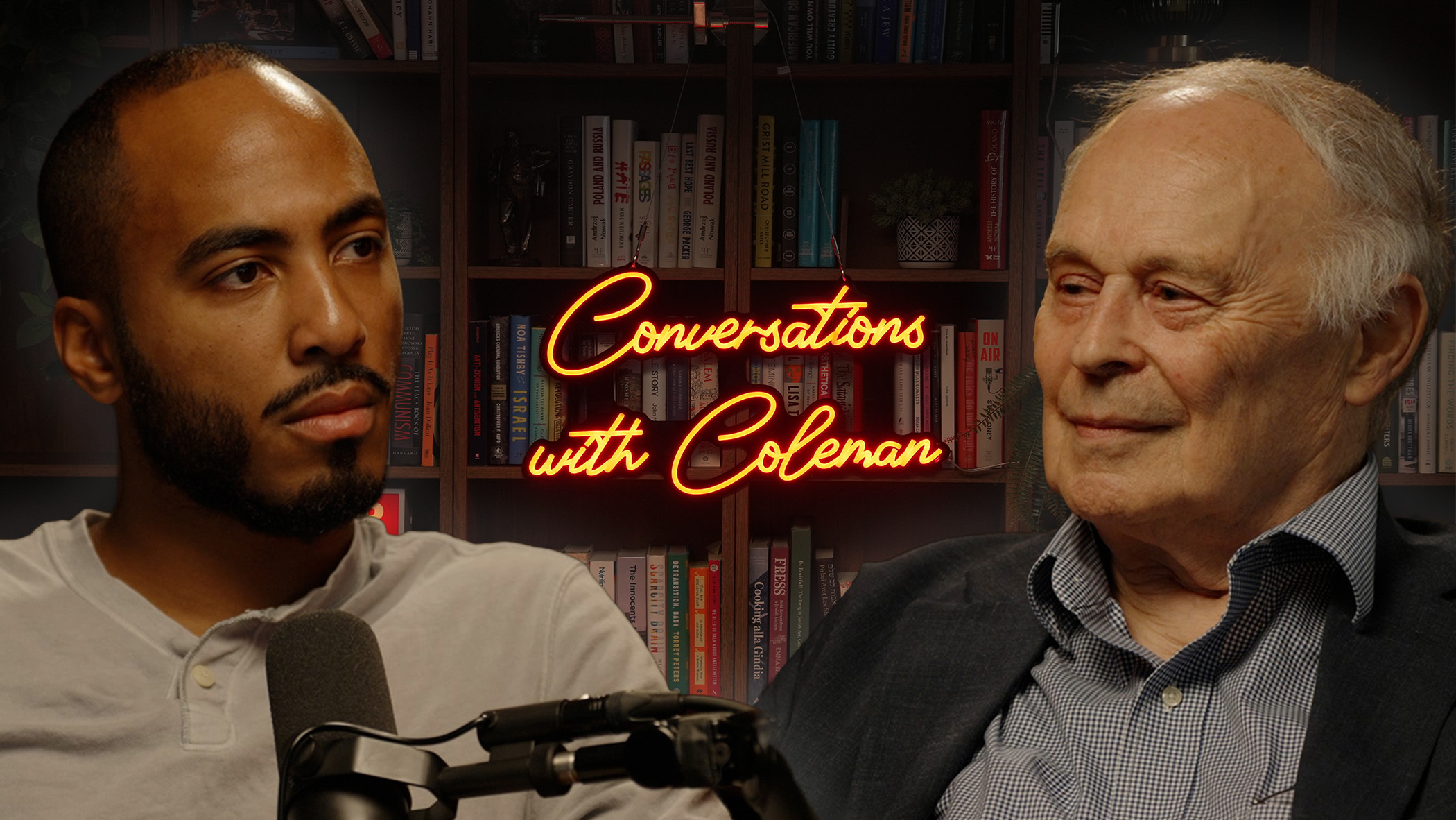Biden signs bills to reverse D.C. criminal code changes and declassify info on COVID-19 origins
Washington — President Biden signed a pair of bills into law Monday that reverse an overhaul of the District of Columbia's criminal code and require the declassification of information about the origins of the COVID-19 pandemic.
The measure disapproving of a D.C. Council bill to revise criminal penalties in the nation's capital received bipartisan support in both chambers of Congress. The bill to declassify information about the origins of the coronavirus, including any connection to a lab in Wuhan, China, passed both chambers unanimously. Both were adopted earlier this month.
Earlier in the day, Mr. Biden issued the first veto of his presidency, rejecting a Republican-led measure regarding a Department of Labor rule for investment managers.
The president took many Democrats by surprise when he voiced his support for the Republican-introduced criminal code resolution. D.C. Mayor Muriel Bowser, a Democrat, had vetoed the D.C. Council's bill, and the council overrode her veto. House Republicans then crafted a resolution to block the measure. Congress has oversight of the district under the Constitution and federal law.
The D.C. Council's measure sought to shorten maximum sentences for some crimes, like carjacking, burglary and robbery, while lengthening them for others. It also would have eliminated nearly all mandatory minimum sentences, except for first-degree murder. Supporters of the congressional disapproval resolution suggested that shortening any sentences while crimes like carjacking have been on the rise sends the wrong message.
The president told Senate Democrats that he would not veto the Republican-backed resolution, should it reach his desk. The vote in the Senate in early March was 81-14, after 31 House Democrats joined all House Republicans in passing the resolution.
"I support D.C. statehood and home-rule — but I don't support some of the changes D.C. Council put forward over the mayor's objections — such as lowering penalties for carjackings," the president tweeted on March 2. "If the Senate votes to overturn what D.C. Council did — I'll sign it."
White House press secretary Karine Jean-Pierre explained in a press briefing that "the president wants to make sure that communities, even in D.C., Americans in D.C., feel safe."
The president's support of the GOP-backed resolution took some House Democrats aback because the White House had previously issued a statement of administration policy saying it opposed the congressional disapproval resolution.
"The administration opposes H.J. Res. 24, Disapproving the Action of the District of Columbia Council in Approving the Local Resident Voting Rights Amendment Act of 2022 and H.J. Res. 26, Disapproving the Action o the District of Columbia Council in Approving the Revised Criminal Code Act of 2022," the White House's statement in February said.
The bill regarding COVID-19 requires Director of National Intelligence Avril Haines to declassify any information about links between the origins of the pandemic and the Wuhan Institute of Virology, the controversial viral research laboratory in the city where the SARS-CoV-2 virus first emerged.
The intelligence community has not definitively agreed on the origins of the pandemic. A report in 2021 reflecting the findings of intelligence community was inconclusive, and determined two theories were "plausible" to explain how the virus emerged: "natural exposure to an infected animal and a laboratory-associated incident." The Department of Energy recently concluded, with "low confidence," that it was plausible that the virus originated from a lab, a theory supported by the FBI.
The White House had not previously indicated whether the president would sign the bill on COVID origins.



